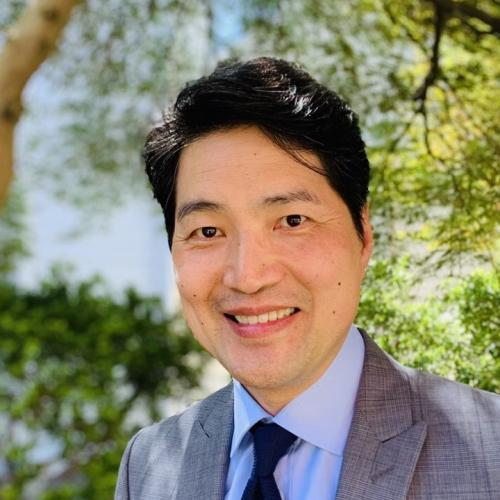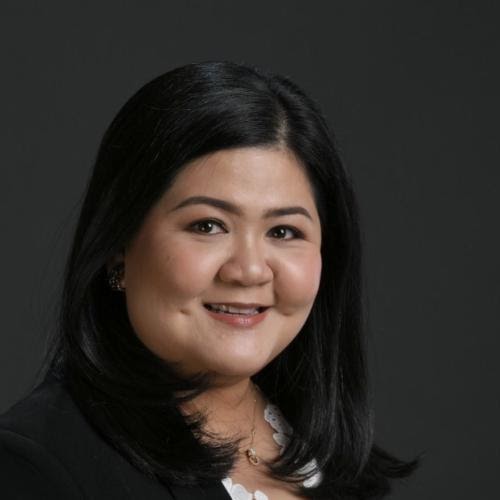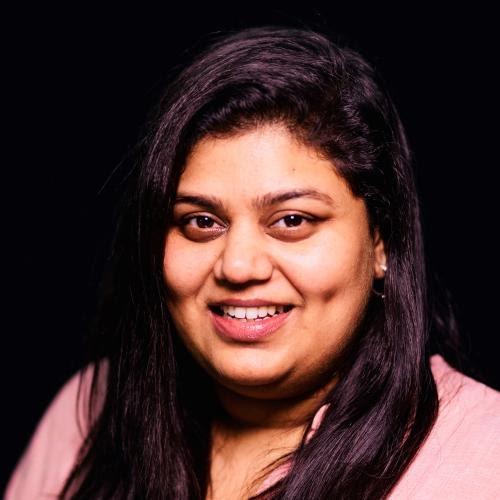Jury members of this year’s WARC Awards for Asian Strategy talk about what they are looking for in this year’s entrants, the role of strategy in their businesses and their future hopes for the discipline.
Akira Mitsumasu

Title: Vice President, Global CX & Marketing
Company: Japan Airlines
How do you define strategy? What role does it play in your own marketing ambitions/plans – especially when it comes to the work done with your agency partners?
Strategy, simply put, is the way to reach where one wants to be, and needless to say, this requires having a vision as to what that state is like. It could be an extension of what we have today, such as creating something that is incentive-compatible with consumer behaviour, or something that changes or triggers new behaviour so as to suit our vision. Co-creating and executing a strategy with our agency partners is important because doing so allows us to not just combine capabilities and creative ideas, but also to share a vision we want to realise.
What would be the deal breaker, or on the flip side, deal maker for you when it comes to evaluating this year’s slate of case study papers?
Because we have experienced for over a year now such a devastating pandemic, we have in one way or another been compelled to stop, think, reflect and adjust. One could even see this as a once in a lifetime opportunity to address global issues and redefine business purpose. So the deal breaker or deal maker in my opinion would be the response to the global situation, by which I mean in particular, new views and paradigms in a new normal.
This year’s Awards theme is centred on the next generation of strategists and how this discipline will evolve in the next 10 years. What are your hopes for how young strategists will re-define the discipline, and what advice would you give them?
The human mind loves easy-to-categorise information, and we often over-simplify things into a two by two matrix, when in reality things are often much more multi-dimensional and complicated. We have today data and tools to help us identify patterns our human mind cannot capture, algorithms to compute complex scenarios, behavioural and neuroscience to better understand implicit beliefs and decision making and so forth. I have high hopes that young strategists will continue to re-define the discipline, and my advice perhaps is to form a habit of always generating several different views or positions to a given statement. This exercise helps us conjure new ideas, including out-of-the-box strategy.
Melissa Henson

Title: Chief Marketing Officer
Company: Manulife Philippines
How do you define strategy? What role does it play in your own marketing ambitions/plans – especially when it comes to the work done with your agency partners?
In the simplest terms, I would define strategy as a way forward. It is a roadmap leading to the achievement of a set of goals or an aspiration, which defines what we will do and not do, what we will prioritise, what we will invest in, as well as what we hope to achieve with each action we take.
At Manulife, our strategy defines how we will deliver on our ambition to be our industry’s digital, customer-centric leader. As such, everything that we do, including marketing initiatives, are informed by our strategy.
Much of the work we create with our agency partners supports one or more elements of our company’s strategic plan. As such, when we work with our agency partners, it is critical for us to ensure alignment not just with our brand identity, but also with our business priorities. It is also important that desired outcomes and how we will measure them are clearly established, so we can be mutually accountable for those goals.
Of course, strategy is a living, breathing thing, and we have had to exercise a high level of strategic agility in the past year. We have had to rapidly pivot our plans to respond to the situation at hand and mitigate emerging risks. Working not just internally, but also with our agency partners, has been key to us creating relevant and timely material during this time of unprecedented disruption.
What would be the deal breaker, or on the flip side, deal maker for you when it comes to evaluating this year’s slate of case study papers?
A deal breaker would be material that tries to make an impact for impact’s sake, but doesn’t really connect with the brand, their objectives, or their target market.
The deal maker would be bold, unexpected creative that is informed by a unique but relevant insight about the target audience or customer and demonstrates a clear link back to the brand’s strategic intent.
This year’s Awards theme is centered on the next generation of strategists and how this discipline will evolve in the next 10 years. What are your hopes for how young strategists will re-define the discipline, and what advice would you give them?
We have a new generation coming into the workforce in Gen Z – one that values truth and authenticity. I hope that, as this generation rises as strategists, they bring those values to the discipline – digging into the “why” of what they do and the messages they send out, to understand the roles brands can play in customers’ lives. This can inform how and when brands can support customers and other stakeholders, and will allow marketing to contribute not just to business and industry, but also positive social and economic change.
Saloni Shah

Title: Head of Digital, Consumer Products
Company: L'Oréal India
How do you define strategy? What role does it play in your own marketing ambitions/plans – especially when it comes to the work done with your agency partners?
Strategy is about seeing the future in the present with a plan of action that maximises opportunity and minimises risk. It is about being long-term in thinking and consistently disruptive in action.
When it comes to our marketing initiatives, we look for value innovation. We look for ways to make competition irrelevant by focusing on consumer delight to create and capture new demand. With our partners, we embrace consumer centricity in thinking and agility in action, via a continuous ‘test-learn-scale’ model.
In this data-driven world, we measure the ROI of all our marketing investments via a control tower, which ensures that we are operating within a common strategic framework to deliver the larger outcomes.
What would be the deal breaker, or on the flip side, deal maker for you when it comes to evaluating this year’s slate of case study papers?
Strategy which has helped create uncontested market space, at scale, would be the winner for me. However, what is equally important to note is that strategy without execution is hallucination. So a balance between being a poet and a peasant in approach is what would make a winner for me.
This year’s Awards theme is centered on the next generation of strategists and how this discipline will evolve in the next 10 years. What are your hopes for how young strategists will re-define the discipline, and what advice would you give them?
The change we have witnessed in the past 12 months we haven’t in decades. Companies that have thrived in the VUCA world are those that are continuously innovating and have consumer centricity as their cornerstone.
My advice would be to re-define market boundaries, imbibe outside-in thinking, focus on the big picture and to remain agile while doing all of this. Uncontested areas to win in will give an edge for a certain period but eventually, there will be me-too’s. Hence, this needs to be looked at as a dynamic process and not merely a static achievement.
Antoin Breen

Title: Marketing Director
Company: Pernod Ricard Vietnam
How do you define strategy? What role does it play in your own marketing ambitions/plans – especially when it comes to the work done with your agency partners?
I once heard someone call strategy the art of war, but I don’t like war! So for me, the definition of strategy is rather simple – it’s a game plan for the long term.
What would be the deal breaker, or on the flip side, deal maker for you when it comes to evaluating this year’s slate of case study papers?
Of course, I would like to see disruptive, unique, original and innovative thinking brought to life, but critically what I am really looking for is evidence of clear long-term thinking to address challenges or opportunities, turned into delivered actions that showed outstanding results.
This year’s Awards theme is centred on the next generation of strategists and how this discipline will evolve in the next 10 years. What are your hopes for how young strategists will re-define the discipline, and what advice would you give them?
Data, learning and AI will feed a lot of future strategy development (possibly even avoiding the need for future young strategists 😊). But for those who will be around in the next 10 years, my advice would always be to be firm on the vision and flexible on the execution; strategy is a long-term approach.
How to enter the WARC Awards for Asian Strategy
The WARC Awards for Asian Strategy are now open for entries. The deadline for submission is July 14, 2021.
Now in their 11th year, the Awards aim to showcase the region’s best strategic thinking with a view to inspire the next generation of strategists.
Entry is free. For more info on how to submit your work, visit the Awards website.

